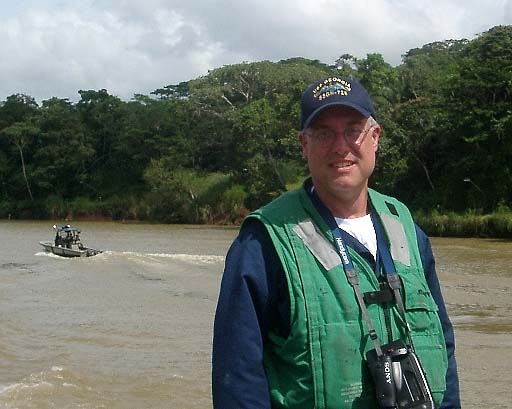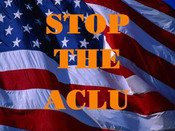Carter allowed surveillance in 1977
"Under the Bush administration, there's been a disgraceful and illegal decision -- we're not going to the sic let the judges or the Congress or anyone else know that we're spying on the American people," Mr. Carter said Monday in Nevada when his son Jack announced his Senate campaign.And, on the administration's (Mr. Bush's and Mr. Carter's) view to the legality of this both before and after the passing of FISA?
"And no one knows how many innocent Americans have had their privacy violated under this secret act," he said.
The next day at Mrs. King's high-profile funeral, Mr. Carter evoked a comparison to the Bush policy when referring to the "secret government wiretapping" of civil rights leader Martin Luther King.
But in 1977, Mr. Carter and his attorney general, Griffin B. Bell, authorized warrantless electronic surveillance used in the conviction of two men for spying on behalf of Vietnam.
The men, Truong Dinh Hung and Ronald Louis Humphrey, challenged their espionage convictions to the U.S. Court of Appeals for the 4th Circuit, which unanimously ruled that the warrantless searches did not violate the men's rights.
In its opinion, the court said the executive branch has the "inherent authority" to wiretap enemies such as terror plotters and is excused from obtaining warrants when surveillance is "conducted 'primarily' for foreign intelligence reasons."
That description, some Republicans say, perfectly fits the Bush administration's program to monitor calls from terror-linked people to the U.S.
The Truong case, however, involved surveillance that began in 1977, before the enactment of the Foreign Intelligence Surveillance Act (FISA), which established a secret court for granting foreign intelligence warrants.
Administration officials say the president has constitutional authority to conduct surveillance without warrants in the name of national security. The only way Congress could legitimately curtail that authority, they argue, is through an amendment to the Constitution.His he shameless, stupid, senile?
The administration's view has been shared by previous Democrat administrations, including Mr. Carter's.
When Mr. Bell testified in favor of FISA, he told Congress that while the measure doesn't explicitly acknowledge the "inherent power of the president to conduct electronic surveillance," it "does not take away the power of the president under the Constitution."
Jamie S. Gorelick, deputy attorney general in the Clinton administration, agreed. In 1994 testimony before the House Permanent Select Committee on Intelligence, Miss Gorelick said case law supports the presidential authority to conduct warrantless searches and electronic surveillance for foreign intelligence purposes.
Earlier this week, however, Mr. Carter said it was "ridiculous" for Attorney General Alberto R. Gonzales to say the spying is justified by Article II of the Constitution.
I think he is shameless.
Until the Democrats stop playing politics with our national security they should not be permitted to hold executive power again. I just hope that the Republicans make these issues clear to the population in a more effective way than they did the need to go to war in Iraq.
UPDATE: Power Line has more legal info.






No comments:
Post a Comment